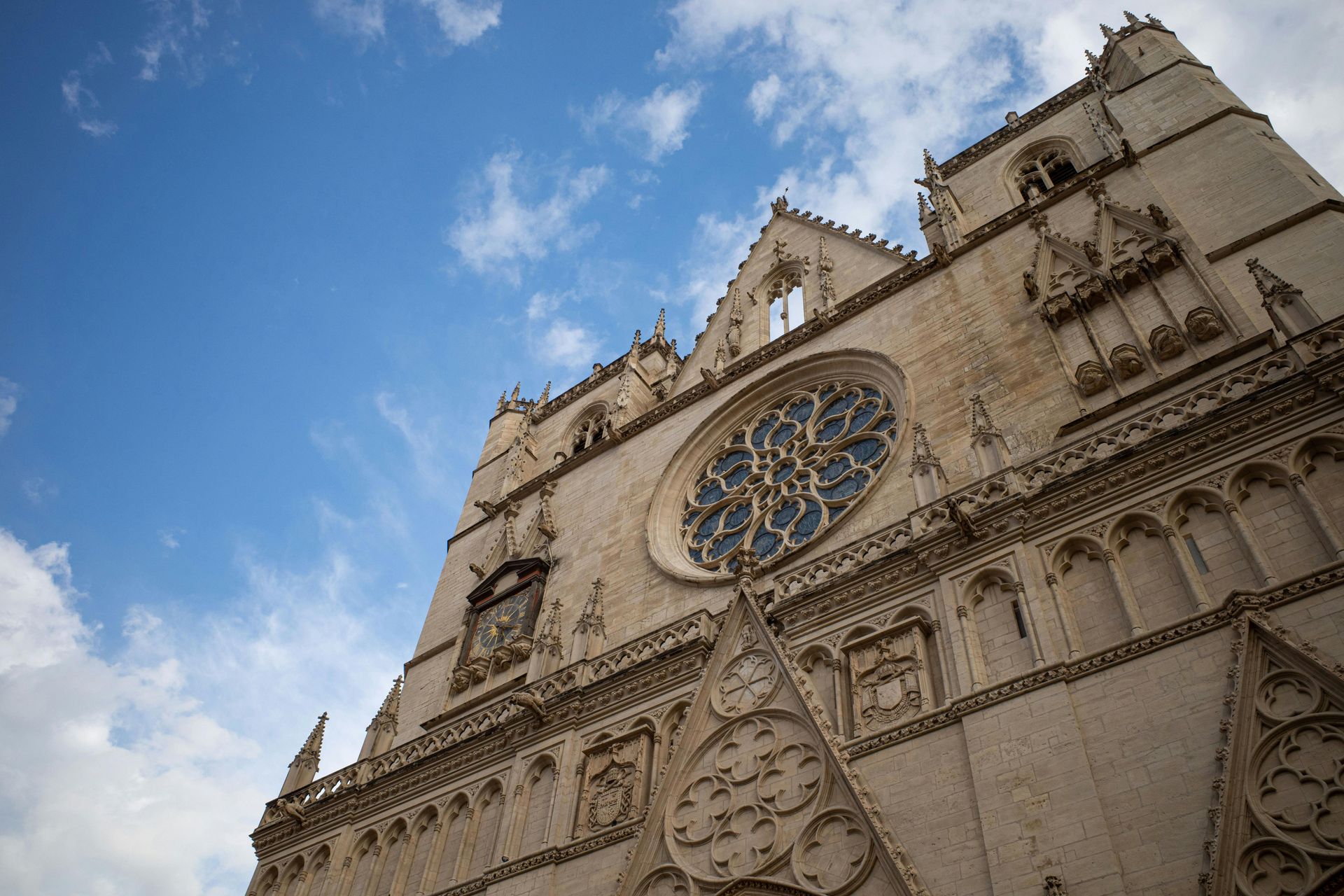Addressing the Impact of Clergy Sexual Abuse: A Path Toward Healing and Accountability
Aaron Lealess, Beckett Personal Injury Lawyers - March 5, 2025
Clergy sexual abuse is a grave and deeply troubling issue that has impacted countless individuals and communities worldwide. The abuse of power and trust by religious leaders has left scars that are not easily healed. In the wake of these crimes, both the victims and society as a whole must grapple with the consequences of such profound violations. Addressing the impact of clergy sexual abuse requires not only acknowledging the pain it has caused but also taking actionable steps toward accountability, justice, and healing for all involved.
The Lasting Trauma of Clergy Sexual Abuse
The emotional, psychological, and spiritual trauma caused by clergy sexual abuse is profound. Many survivors experience a range of effects, including anxiety, depression, post-traumatic stress disorder (PTSD), and a loss of faith. The abuse often undermines an individual’s sense of safety and trust, and when the abuser is a person in a position of religious authority, it can also lead to spiritual disillusionment.
For many survivors, the abuse occurs within an environment of silence and secrecy, where the church or religious institution may have actively shielded the abuser from accountability. This complicates the healing process, as victims may feel invalidated or isolated, unsure of where to turn for support. The damage done can extend beyond the individual, affecting families, communities, and the broader faith tradition itself.
The Importance of Accountability and Justice
One of the most important steps in addressing the impact of clergy sexual abuse is ensuring accountability. Church leaders, institutions, and society must recognize that sexual abuse is never acceptable, regardless of the perpetrator’s position within the church hierarchy. This includes:
Transparency and Investigation: Religious institutions must be open about allegations and investigations, ensuring that those who are responsible for abuse face legal and ecclesiastical consequences. A refusal to act or silence around such abuse only perpetuates the trauma.
Support for Survivors: Survivors of clergy sexual abuse must receive the care, recognition, and resources they need to heal. This includes legal support, access to counseling, and a safe space for survivors to share their stories without fear of retribution or disbelief.
Policy Changes: Religious institutions need to establish and enforce stringent protocols to prevent abuse, ensuring that leaders are properly vetted and trained to maintain safe environments. This should include creating clear channels for reporting abuse, as well as enforcing zero-tolerance policies.
Legal and Financial Responsibility: Faith-based institutions must be held legally accountable for failing to protect vulnerable individuals from abuse. This may include criminal charges, civil lawsuits, or other legal actions. The financial resources of the institution can be used to fund survivors’ compensation programs, therapy, and other necessary support services.
A Commitment to Restorative Justice
While criminal and legal measures are crucial, restorative justice offers a complementary approach. Restorative justice is a process in which offenders are held accountable for their actions while offering victims a chance to heal and restore their dignity. In the context of clergy sexual abuse, restorative justice can help:
Acknowledge the Harm Done: Survivors often feel as though their pain has been minimized or ignored. Restorative justice allows them to voice their experiences and receive the recognition they deserve.
Provide a Path to Healing: Instead of focusing solely on punishment, restorative justice allows for healing and dialogue between the survivor and the community, promoting understanding and reconciliation.
Prevent Future Abuse: By focusing on accountability and communal responsibility, restorative justice can help prevent future abuse by transforming the practices within faith communities
Moving Forward: Healing and Renewal
Addressing the impact of clergy sexual abuse is a long and challenging journey, but it is essential for the health and integrity of religious communities and society at large. In the aftermath of abuse, it is crucial for survivors to be empowered to reclaim their lives and their faith, should they choose to do so. This requires empathy, consistent support, and a genuine commitment to change.
As we move forward, it is important to remember that addressing clergy sexual abuse requires collective action, a commitment to justice, and a deep respect for those whose lives have been forever altered. Only through a shared commitment to accountability, compassion, and transformation can we create a future where abuse of any kind is not tolerated.
A good resource is Outrage Canada, which is a non-religious coalition of outraged Canadians that holds the Roman Catholic church of Canada accountable for ongoing crimes and advocates for all victims of Catholic clergy. They are committed to ensuring justice for victims, the safety of all children and the prevention of abuse by the Roman Catholic church.
If you or someone you know has been sexually assaulted by a member of the clergy, reach out to an experienced personal injury lawyer.



QUICK Links
Education Links
All Rights Reserved | Outrage Canada | Privacy Policy
Website by EVOLV Digital Marketing

